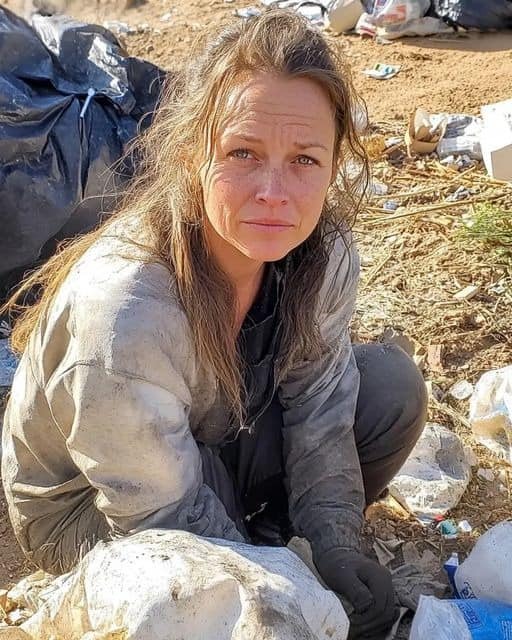I had a sprawling house, shiny cars, and more money than I knew what to do with. Yet, at 61, I was alone. Most of the women I met were more interested in my wealth than in me, leaving me with regrets. One day, while driving aimlessly, I noticed a woman rummaging through a trash can. Despite my usual reluctance, something about her determination compelled me to stop. I asked if she needed help. “Are you offering?” she asked, skepticism in her voice. “I think so,” I replied. Her name was Lexi. With nowhere to stay, I offered her my converted garage for the night. She accepted, reluctant but grateful. Over time, Lexi and I shared meals, our conversations easing the loneliness that haunted me. She revealed her past as a painter, a dream destroyed when her husband left her. Her resilience resonated with me. Then, one day, I stumbled upon unsettling drawings in the garage—dark portraits of me, bound in chains and encased in a coffin. Confronting Lexi, I asked, “Is this how you see me?” “It was anger,” she admitted. “A release for everything I lost.” Hurt and confused, I told her to leave. I dropped her off at a shelter, handing her two hundred dollars. The loneliness returned, now sharper. Weeks later, a package arrived. Inside was a painting—a serene, peaceful version of myself. A note from Lexi included her phone number. I called her.”Lexi, I got your painting. It’s wonderful.”I’m glad,” she replied. “I wanted you to see me differently.”We spoke honestly. She had found a job and a small apartment. I apologized, and she did the same. Then I asked, “Would you like to meet for coffee? Maybe a proper start?”I would like that,” she said, warmth in her voice. Hope stirred within me. Perhaps, this time, I wouldn’t face the void alone
Story – I Let a Homeless Woman Stay in My Garage!
